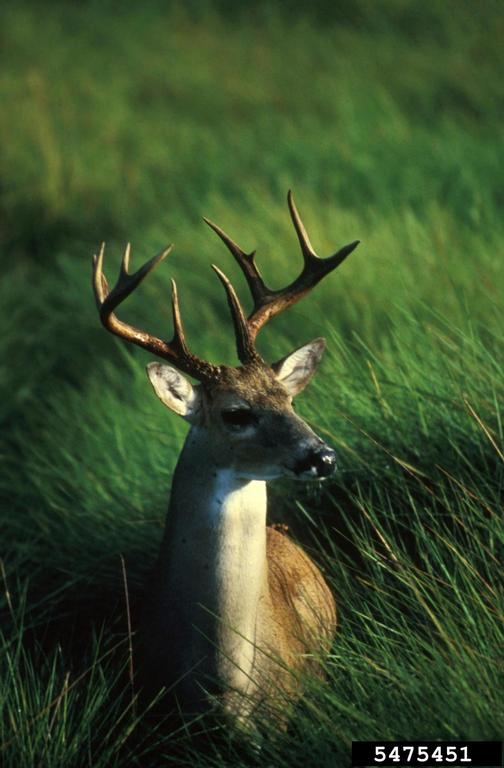By Olivia Witthun, DNR Urban Forestry Coordinator, Plymouth, olivia.witthun@wisconsin.gov, 414-750-8744
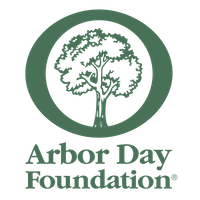 For years, the economic contribution of urban forestry has been lumped together with broader green industry numbers. Several years ago, the Wisconsin DNR took the lead in a Landscape Scale Restoration Grant-funded project for the Northeast-Midwest region looking at the contributions of urban forestry. Regional and state-level reports will be available in Spring 2022.
For years, the economic contribution of urban forestry has been lumped together with broader green industry numbers. Several years ago, the Wisconsin DNR took the lead in a Landscape Scale Restoration Grant-funded project for the Northeast-Midwest region looking at the contributions of urban forestry. Regional and state-level reports will be available in Spring 2022.
In the meantime, Arbor Day Foundation (ADF) took the lead in a similar nationwide project looking at the contributions of urban forestry. Nationwide and state-level data is now available along with state-specific factsheets. Read more about the economic study.

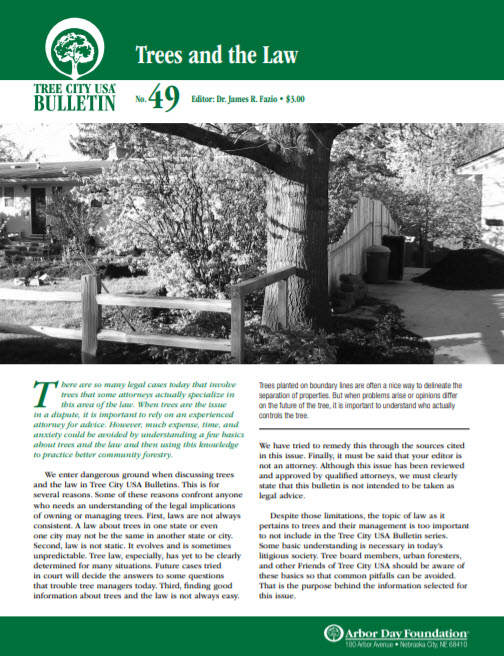 The Arbor Day Foundation publishes more than 100 Tree City USA Bulletins on a wide range of topics. They’re now available to download for FREE!
The Arbor Day Foundation publishes more than 100 Tree City USA Bulletins on a wide range of topics. They’re now available to download for FREE!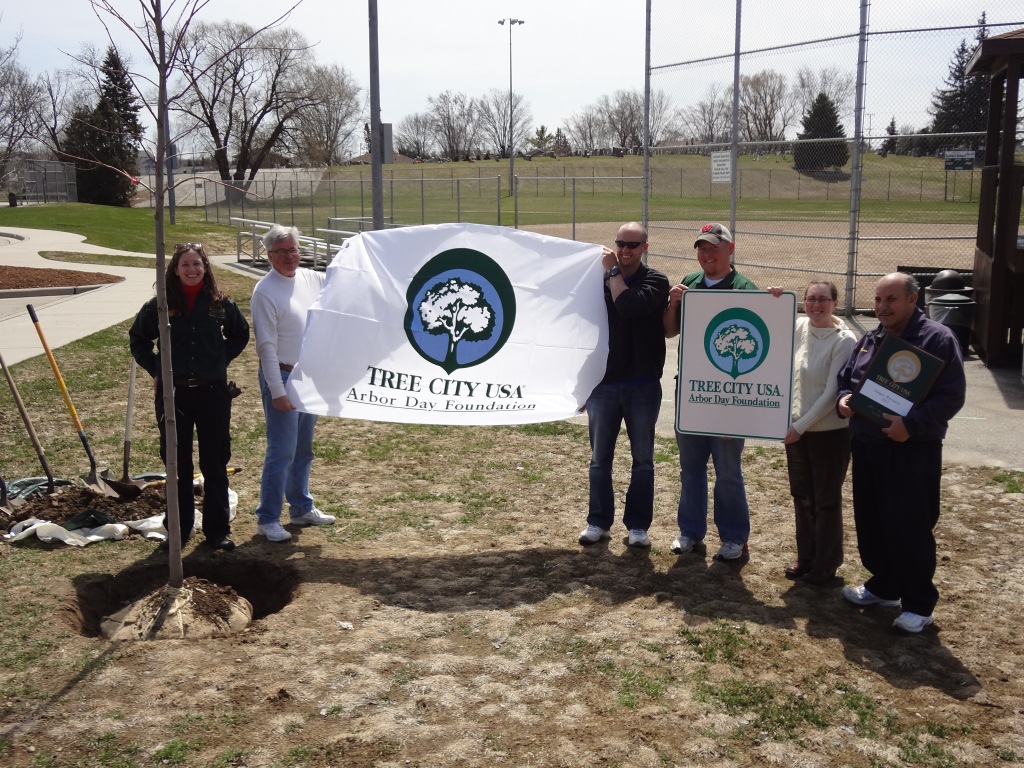 Did you know that Wisconsin had 201 Tree City USAs this year? It’s the first time we’ve crossed the 200 threshold!
Did you know that Wisconsin had 201 Tree City USAs this year? It’s the first time we’ve crossed the 200 threshold!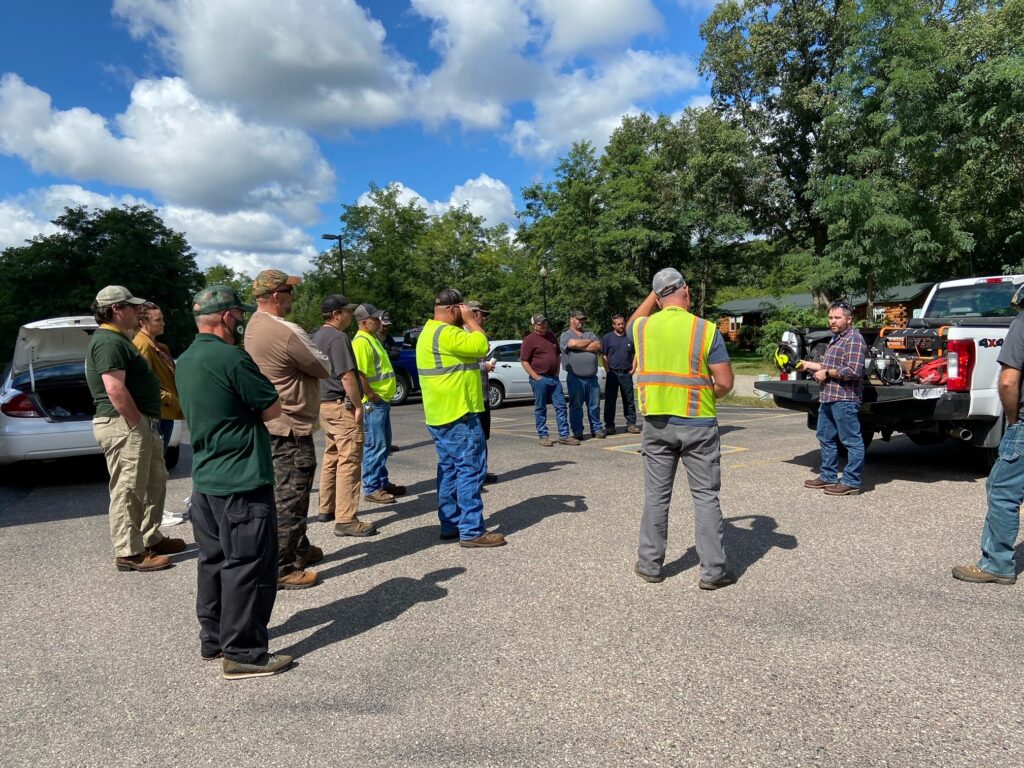 Part of our mission at the Wisconsin Department of Natural Resources (DNR) is to bring community foresters together to learn from one another and to provide training opportunities. Recently, one village administrator took it upon himself to do just that within his county.
Part of our mission at the Wisconsin Department of Natural Resources (DNR) is to bring community foresters together to learn from one another and to provide training opportunities. Recently, one village administrator took it upon himself to do just that within his county.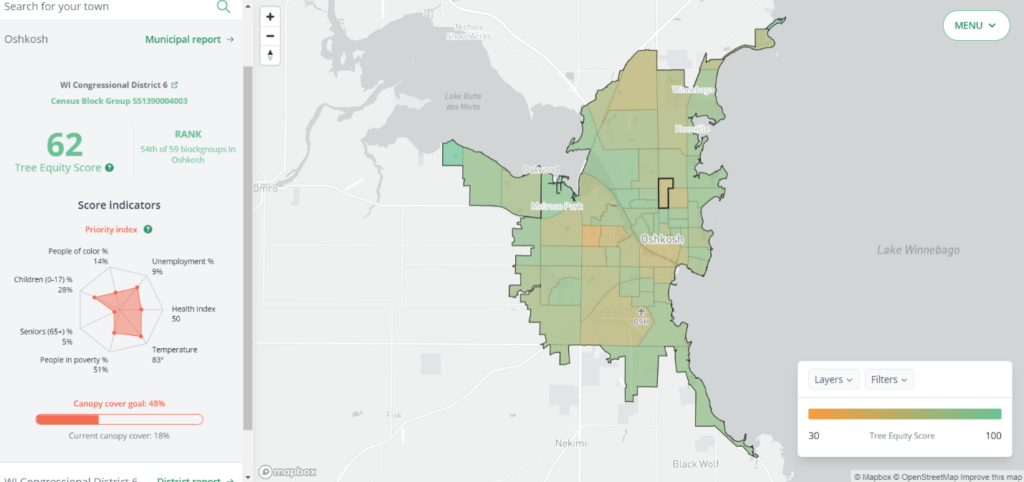
 The Urban Wood Network (UWN) will host its second annual
The Urban Wood Network (UWN) will host its second annual  Driftless Area Land Conservancy will host Safety and Woods Worker (SAWW)-certified chainsaw safety and efficiency training near Muscoda, Wisconsin. Luke Saunders of Adaptive Restoration LLC will be the trainer.
Driftless Area Land Conservancy will host Safety and Woods Worker (SAWW)-certified chainsaw safety and efficiency training near Muscoda, Wisconsin. Luke Saunders of Adaptive Restoration LLC will be the trainer.